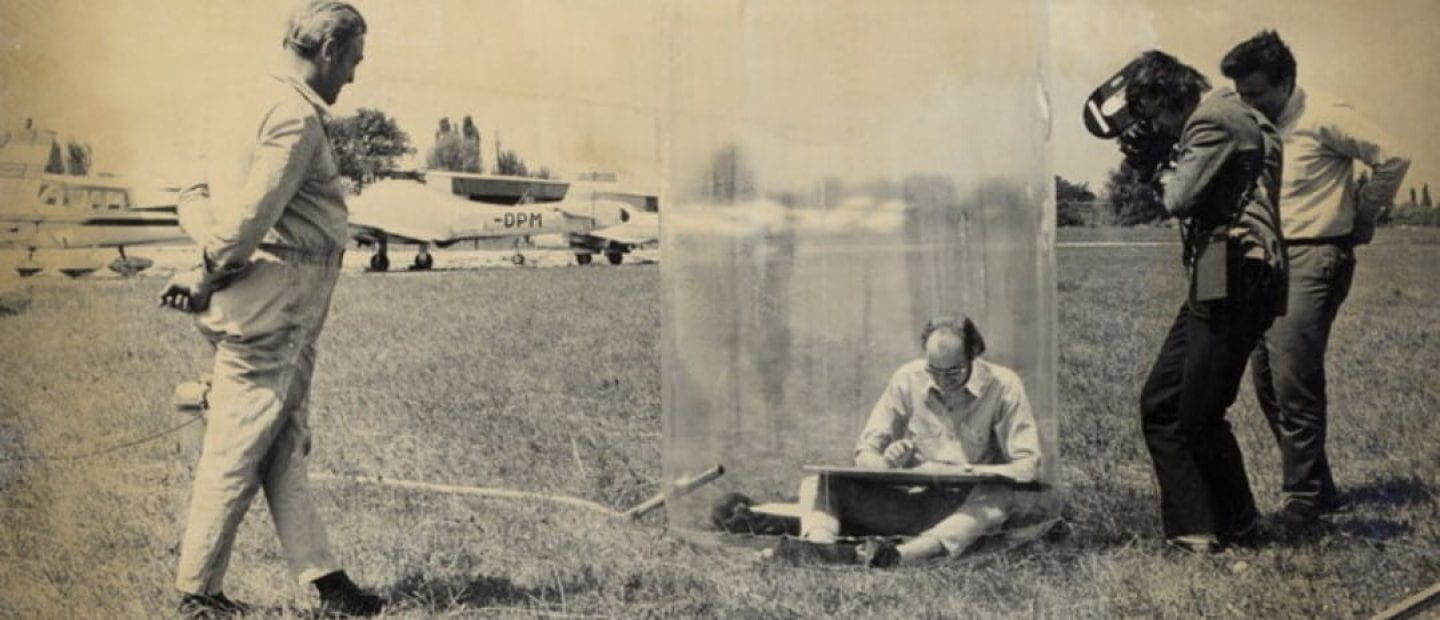VAGITUS
Vagitus, n.
Etymology: Latin, < vāgīre to utter cries of distress, to wail.
A cry or wail; spec. that of a new-born child. (OED)
Vagitus–the cry or wail of a newborn child. Vagitus signals the beginning of life, it is the noise we make when we are brought into the world, a choice not our own, but a choice that binds us all. Vagitus is the sound of infants and the infirm, the ill-disposed; according to the OED, it is not only the cry of a child but the agonized moans of those under surgery. (“1825 R. Hooper Lexicon Medicum (ed. 5) 1237/1 Vagitus, the cry of young children; also the distressing cry of persons under surgical operations.”) Vagitus harkens to a moment that none of us remembers but we all share (birth), or a feeling that we have all once experienced but cannot adequately recognize in the other (pain). It reminds us of our innate connectedness with one another, of the air as communal; yet it also reminds us of the intangibility of this connectedness, its slipperiness, which easily slides into duplicity. If air is ever-present, the base source of our survival, how can we trust that it does not turn against us? Just as a newly born child has no choice but to wail–it is to cry or to die–our breathing always hinges on and is vulnerable to air.
An infrequently used word, vagitus appears prominently in Samuel Beckett’s 1969 play “Breath,” known for its extreme brevity and the abstruseness of its directions (http://www.samuel-beckett.net/breath.html). The entire play lasts less than forty seconds: a sharp inhale of breath as the stage lights up, and exhale as the stage dims. In his directions, however, Beckett specifies that this breath is an “instant of recorded vagitus,” invoking themes of birth and life alongside an unusually barren theatrical set (“littered with rubbish”) which brings to mind imagery of doom and ruination.
In a film adaptation of the play directed by artist Damien Hirst (https://www.youtube.com/watch?v=ZV6s8IsPVn8), this affinity with calamity is rendered even more politically fraught, as the camera zeroes in on a Swatsika lighter in a glass ashtray at the very end, scattered amid plastic bottles (medicine? cough syrup? prescription drugs? booze?) that glow luridly under the harsh lighting. The breath we hear in the background–the “recorded vagitus” Beckett speaks of–is the breath of actor Keith Allen, hardly a babbling infant. Yet the sharpness of his inhale–as if desperately drawing on the last of a burnt cigarette butt, or the unconscious hissing when a needle pierces through the skin–coupled with the garish ecology of plastic waste evokes a sense of regression, a feeling of being undone. If we were to recognize Allen’s in/exhale as an instance of vagitus, does that also necessarily imply the recognition of our vulnerability to our immediate surrounds–not only air, but air polluted by chemicals, industrial processes, toxic waste?



Leave a Reply
You must be logged in to post a comment.